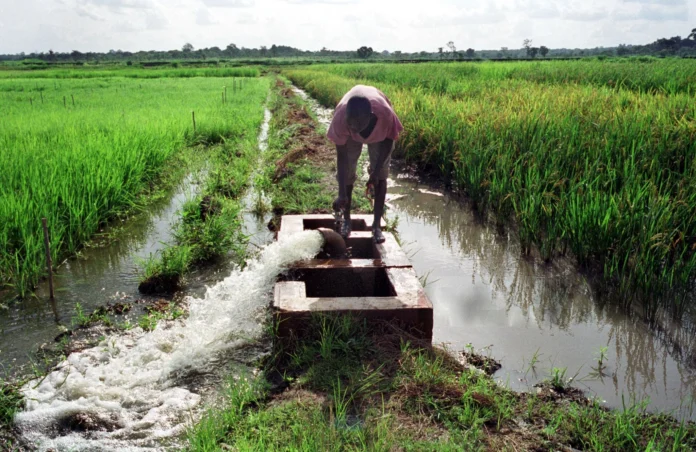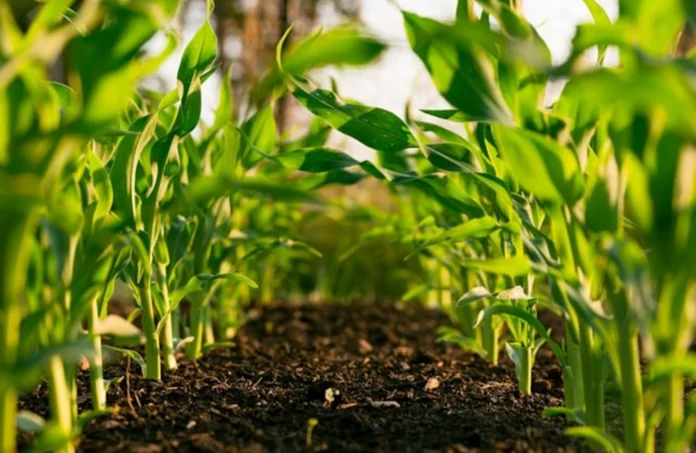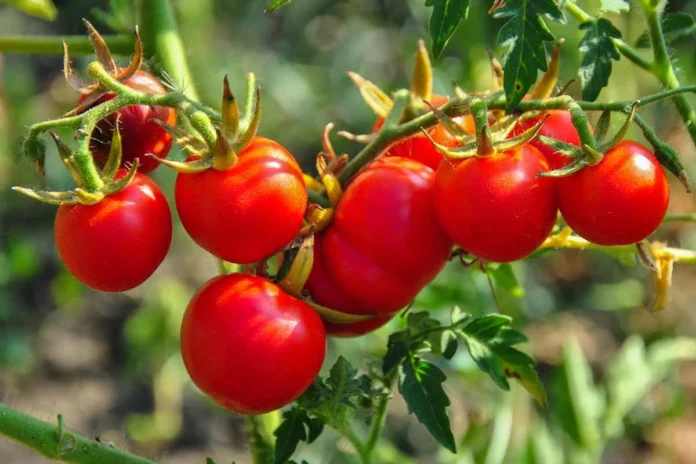Nigeria’s Horizon Group Secures $5 Million to Scale Africa’s Spice Industry
Lagos, Nigeria – Horizon Group Africa, a leading spice processor and exporter, has secured a US$5 million loan from Aavishkaar Capital, in partnership with Germany’s state-owned development bank KfW, to boost its spice processing operations and strengthen supply chains across Nigeria, Tanzania, and Madagascar.
The financing is part of the US$250 million Global Supply Chain Support Fund (GSCSF), an initiative designed to help high-growth businesses in emerging markets withstand global trade shocks while advancing sustainable development. Horizon will channel the funds into working capital for raw material purchases, farmer outreach programs, and capacity expansion, positioning itself to meet increasing demand from buyers in Europe, Asia, and the United States.
A Rising Player in the Global Spice Market
Founded in 2006 in Nigeria, Horizon began as a family-run agricultural business before evolving into a major aggregator and processor of high-value spices. Its product range includes ginger, turmeric, cloves, cinnamon, cardamom, and black pepper, with a growing emphasis on organic and sustainably produced crops.
Since 2017, the company has concentrated exclusively on spice sourcing and exports. This strategic shift coincided with rising global demand for organic food products, a trend that has accelerated in the past decade. With fertile soils and favorable climatic conditions across Africa, Horizon has leveraged the continent’s natural advantages to compete in both conventional and organic markets.
Chief Executive Officer Jomy Antony described the new partnership as a milestone in Horizon’s journey:
“Their experience in scaling businesses, strengthening governance systems, and unlocking capital will be invaluable as we build Horizon into the leading African spice processing company,” he said in a statement.
Scaling Farmer Networks and Strengthening Supply Chains
Horizon’s operations are deeply tied to smallholder farmers. The company currently works with over 3,000 farmers across Nigeria, Tanzania, and Madagascar, providing them with training in sustainable practices, support for organic certification, and assistance in forming cooperatives to enhance traceability and bargaining power.
With the new investment, Horizon plans to triple its farmer network to 10,000 within three years. This expansion will not only boost raw material supply but also help more farmers benefit from international trade opportunities.
For Aavishkaar Capital, which has already made three other GSCSF-backed investments in Africa, the deal underscores the importance of connecting smallholder farmers to global markets.
Darren Lobo, Director at Aavishkaar Capital, emphasized Horizon’s role in creating fairer value chains:
“Horizon is directly sourcing from farmer groups, ensuring higher value is transferred to the farmer rather than being lost in the middle of the chain. The management team brings over 80 years of combined expertise in spice cultivation and global trade, making them well-positioned to lead this transformation.”
International Backing for Sustainable Agriculture
The partnership also reflects Germany’s growing commitment to sustainable and ethical sourcing practices.
Dr. Markus Aschendorf, Head of Division at KfW, highlighted the alignment between Horizon’s approach and Germany’s broader development goals:
“Horizon’s work in regenerative agriculture aligns with our vision for resilient, ecologically conscious businesses ready to thrive in international markets.”
By investing in African agribusiness, KfW aims to foster more robust value chains that not only support local livelihoods but also meet the growing demand for sustainably sourced products in Europe and beyond.
Unlocking Africa’s Spice Potential
Despite its natural endowment, Africa’s spice industry has historically lagged behind in global trade. According to FAO and World Bank data, Nigeria is the second-largest producer of ginger worldwide, yet it captures less than 3 percent of global export revenues. Limited processing capacity, weak infrastructure, and fragmented market linkages have long constrained the sector’s growth.
Horizon seeks to change this dynamic by investing in modern processing facilities and higher-value applications. Beyond traditional food exports, the company is exploring opportunities in pharmaceuticals and personal care industries, where spices such as turmeric and ginger are increasingly prized for their medicinal and cosmetic properties.
By doing so, Horizon hopes to capture more value within Africa, ensuring that local economies benefit more directly from their agricultural output.
A New Chapter for Africa’s Spice Trade
The US$5 million financing marks more than just a balance sheet boost for Horizon. It signals a broader shift in how African agribusinesses are positioning themselves in the global marketplace.
As Horizon transitions from a family-owned business to a formally structured corporate entity, the investment provides the resources and credibility needed to expand internationally while maintaining strong ties to smallholder farmers.
In many ways, the deal illustrates a new chapter for Africa’s spice industry—one where local producers are not just raw material suppliers but active participants in global value chains, backed by sustainable practices and international partnerships.
With international financing, a growing farmer network, and rising global demand, Horizon Group Africa is set to become a pivotal force in reshaping the continent’s spice sector. By bridging smallholder farmers with lucrative export markets, the company is not only expanding its own footprint but also rewriting Africa’s role in the global spice trade.












